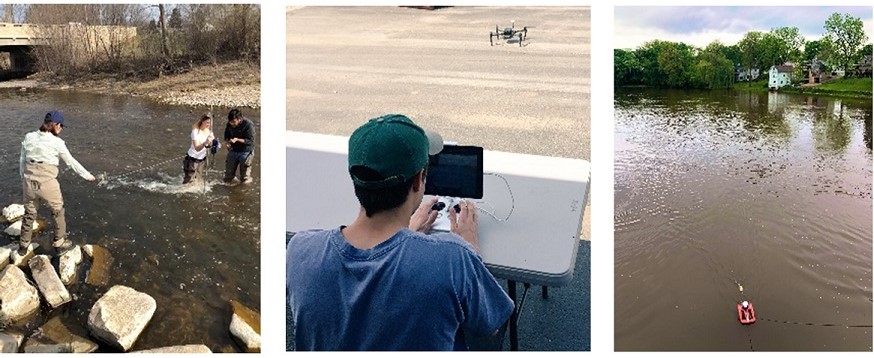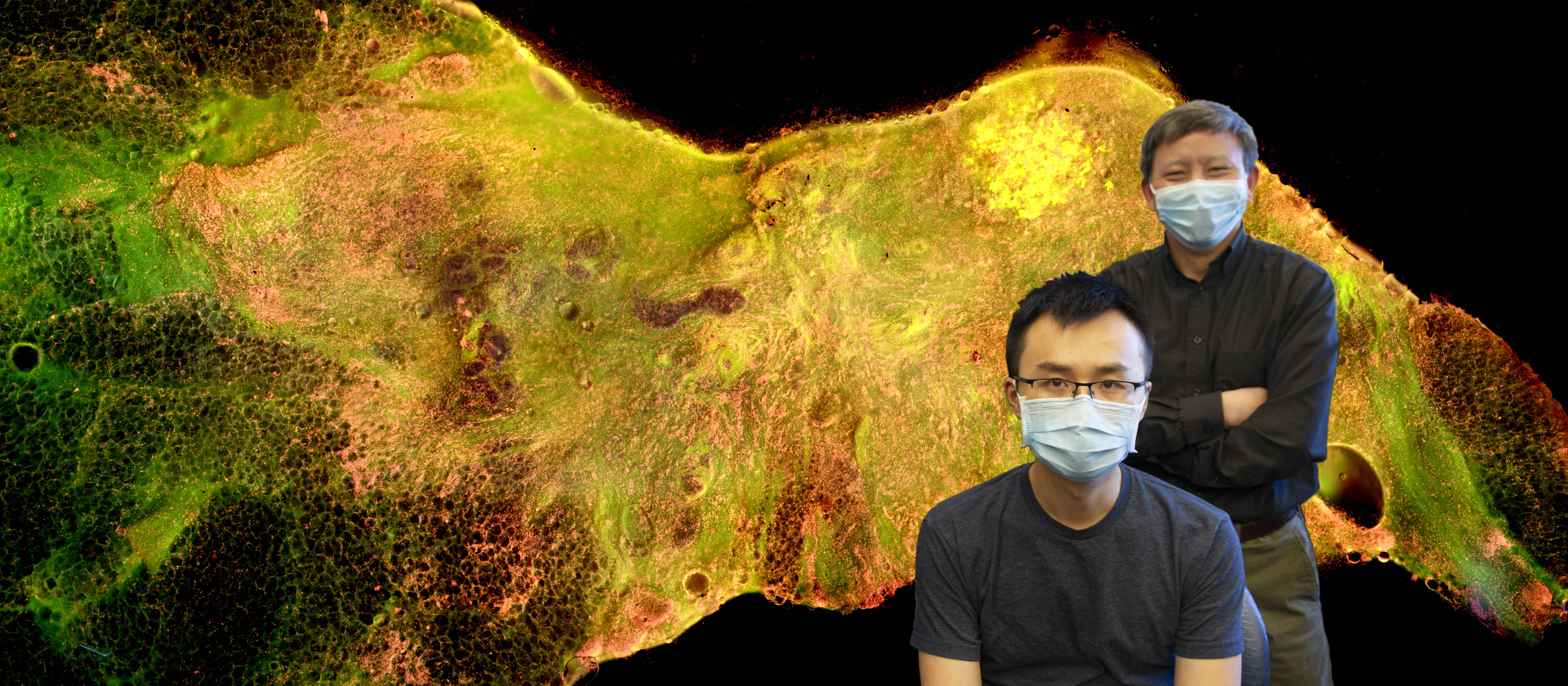- CEEN 6340 – Advanced Hydrology - M/W 3:30-4:45PM: Students will learn how to measure hydrologic phenomena including precipitation, streamflow, and water quality using state of the art monitoring including in-situ and remote sensing (satellite and drone) methods with hands-on applications. Using data from these measurement methods, students will apply advanced statistical methods to evaluate floods, pollutant loads, and drought. Students will then use these outcomes to evaluate water resources development and management projects. Prof. Walter McDonald

-
CEEN 4145/5145 Advanced Strength and Applied Stress Analysis - T/TH 3:30-4:45PM: This course focuses on the methods of mechanics of materials and applications to the analysis and design of components of structural/machine systems. In particular, students will learn fundamental concepts of the advanced mechanics of materials (including, theories of stress and strain, yield criteria for multiaxial stress states, and energy methods) and classical applications of the methods of mechanics of materials (including torsion, nonsymmetrical bending of beams, shear center for thin-wall beam cross sections, curved beams, thick-wall cylinders, and buckling of columns). Prof. Qindin Huang
-
CEEN 6110 Theory of Elasticity - M/W, 2-3:15PM: This course ocuses on the assumptions, theory, analytical and numerical methods, and applications of elasticity. Upon completion of the course, the student will achieve a better understanding of the fundamental concepts of solid mechanics (stress, strain, displacement); will understand the assumptions on which elasticity theory is based, thereby respecting the scope and limitations of the theory; will learn to formulate two-dimensional and three-dimensional boundary value problems (BVPs) of elasticity via a classical (differential equations) approach; will be exposed to both classical (analytical) and numerical methods of solution for elasticity problems; will become acquainted with “exact” elasticity solutions to fundamental problems of mechanics, providing the proper context in which to view the approximate mechanics of materials approaches; will develop an improved ability to critically evaluate the results of numerical methods of stress analysis (e.g., FEM). Prof. Baolin Wan
-
CEEN 4650/5650 Pavement Design - M/W, 2-3:15PM: Pavement Design is the study of the behavior and properties of highway pavements made of asphalt concrete and portland cement concrete. Pavement thickness designs are developed using current methods and incorporating properties of each layer in the pavement (subgrade, base, subbase, and surface layers), traffic forecasts, climatic conditions, vehicle loading, drainage, and pavement performance. Advantages and limitations of various design approaches are recognized, and models to predict future pavement performance are visited. Prof. Jaime Hernandez.
-
CEEN4515/5515 Environmental Chemistry, T/TH, 2-3:15PM: Environmental Chemistry is a fundamental class in the environmental engineering discipline that links core theory with current problems. Students learn the underlying principles of water chemistry that are relevant to drinking water treatment, ocean acidification, and even heartburn. Students learn to apply chemical principles to environmental engineering systems and develop quantitative chemistry skills through this course. Prof. Patrick McNamara











